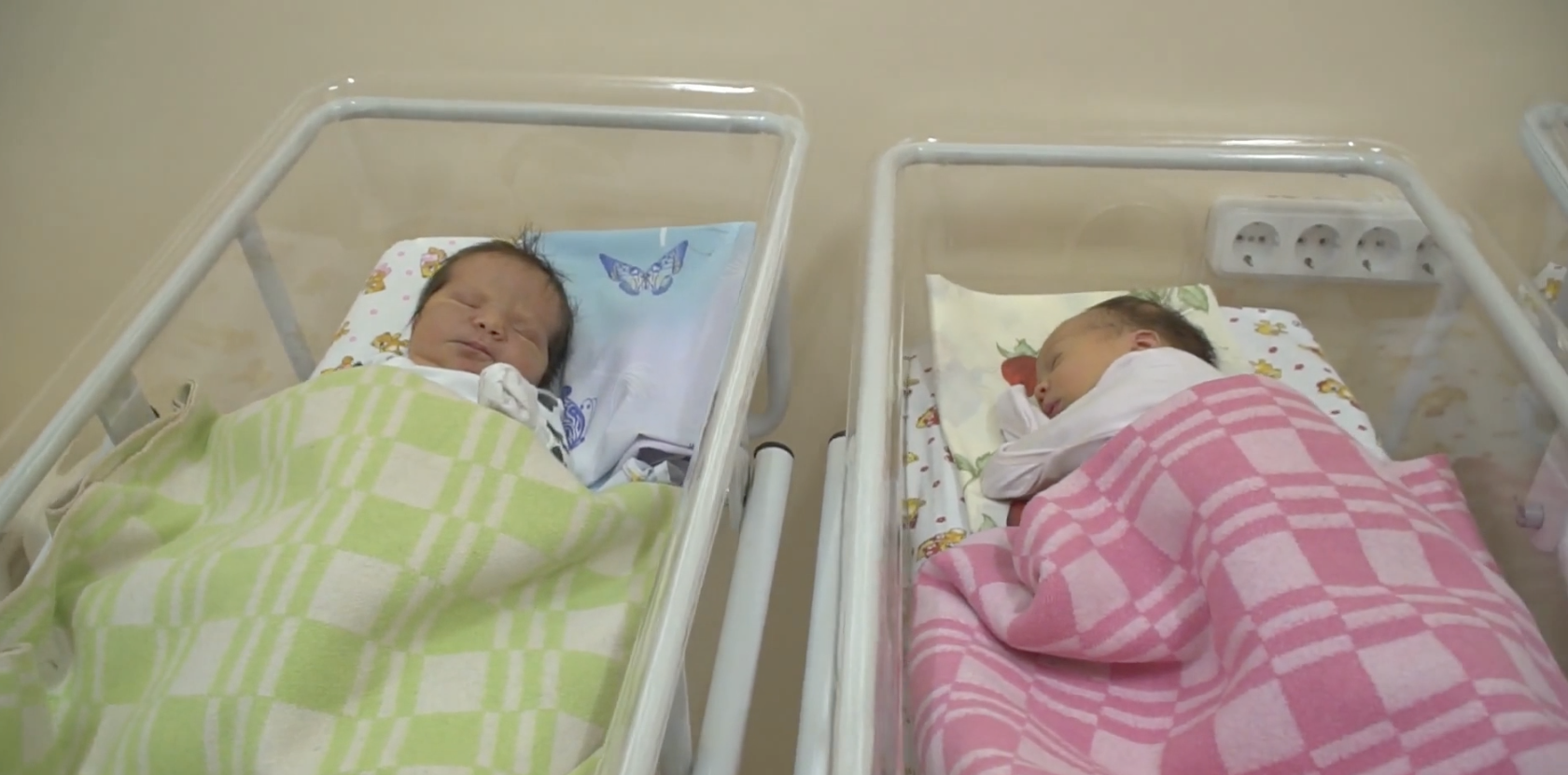Media release
From:
A world-first feasibility study conducted in Australia via a public and private sector collaboration, has realised the potential of DNA sequencing to expand and improve population newborn screening (NBS). Launched today, the findings of the study are published in Clinical Chemistry and entitled ‘Feasibility of targeted gene sequencing (TGS) for expanding population newborn screening[1].
Genepath, a privately owned Australian life sciences company, and Pathology Queensland collaborated to conduct the study.
The study provides proof of concept for incorporating targeted gene sequencing into population newborn screening to improve the health of all Australian children.
This technology is based on next-generation DNA sequencing (NGS) technology and allows hundreds of genes to be simultaneously analysed for variations that cause genetic diseases. This enables screening for multiple genetic conditions using a single test.
Genepath developed its fast, accurate and scalable platform called ATLAS, for improving high throughput population newborn screening and which has been technically validated over a 7-year period[2]. It can identify multiple genetic conditions such as Familial hypercholesterolaemia, spinal muscular atrophy[3], severe combined immunodeficiency, sickle cell disease, X-linked adrenoleukodystrophy and Duchenne muscular dystrophy.
Targeted newborn screening could be incorporated into existing public health screening programs and could potentially expand NBS and allow early detection for serious conditions previously not screened.
The technology is flexible and can test for carefully chosen conditions that have treatment available, without revealing an individual’s entire genetic make-up. Targeted gene sequencing can screen for conditions according to national policy guidelines and can have new conditions easily added.
Dr Glenn Bennett, Genepath’s Chief Medical Officer and Adjunct Fellow, School of Population Health at the University of New South Wales says, “With this study we have proved the technical feasibility of this breakthrough genetic testing technology. Should we implement this approach targeting 164 genes, we expect about 1.3% of all babies screened to test positive for a specific condition. Thus, we would expect about 700 new cases to be diagnosed in the 60,000 babies screened per year in Queensland. This would increase the yield of current NBS tenfold.”
He continues,“Whole population newborn screening is a highly effective public health intervention as it reduces death and disability from treatable genetic diseases. Via our collaboration with Pathology Queensland, we have realised the potential of targeted gene sequencing to greatly improve newborn screening programs using our ATLAS platform.”
Dr Jacobus Ungerer, Director Chemical Pathology, Pathology Queensland says, “This private-public sector collaboration enabled us to develop a novel approach to expand newborn screening programs. Introducing targeted gene sequencing will enable the diagnosis of serious treatable genetic conditions in numerous babies. The health and economic benefits to society will be substantial.”
Louise Healy, Vice President of the Metabolic Dietary Disorders Association (MDDA) comments. “Early diagnosis and treatment of serious genetic disorders are life changing. Our family are so grateful that newborn screening provided the opportunity for early diagnosis and treatment of our daughter. I think this is what every parent wants for their child, and it is wonderful that medical advances will give this opportunity to other families.”
Following the validation of this breakthrough approach, research into its possible implementation will now commence with a small-scale pilot of targeted newborn screening starting in August 2023 and full-scale pilot in Queensland in the planning phase for mid 2024. These critical next phases will ensure that these scientific advances can be incorporated into clinical practice, with established care pathways in place.
NOTES TO THE EDITOR:
ABOUT GENEPATH
Genepath is a privately-owned life sciences company. Its journey from start-up to translation of its world first targeted gene sequencing technology has been supported by funding from its shareholders and the Commonwealth, NSW and QLD governments. Additional information about Genepath can be found at www.genepath.au
Follow Genepath on LinkedIn - @Genepath Laboratories
Follow Genepath on Twitter - @genepathlabs
- ENDS –
[1] Bennett Oh Vic Shum and others, Feasibility of Targeted Next-Generation DNA Sequencing for Expanding Population Newborn Screening, Clinical Chemistry, 2023, hvad066 - https://doi.org/10.1093/clinchem/hvad066
[2] Shum BOV, Henner I, Belluoccio D, Hinchcliffe MJ, Utility of NIST Whole-Genome Reference Materials for the Technical Validation of a Multigene Next-Generation Sequencing Test, The Journal of Molecular Diagnostics, Volume 19, Issue 4, 2017, Pages 602-612,
[3] Shum BOV, Henner I, Cairns A, Pretorius C, Wilgen U, Barahona P, Ungerer JPJ, Bennett G. Technical feasibility of newborn screening for spinal muscular atrophy by next-generation DNA sequencing. Front Genet. 2023 Jan 12;14:1095600. doi: 10.3389/fgene.2023.1095600.



 Australia
Australia



